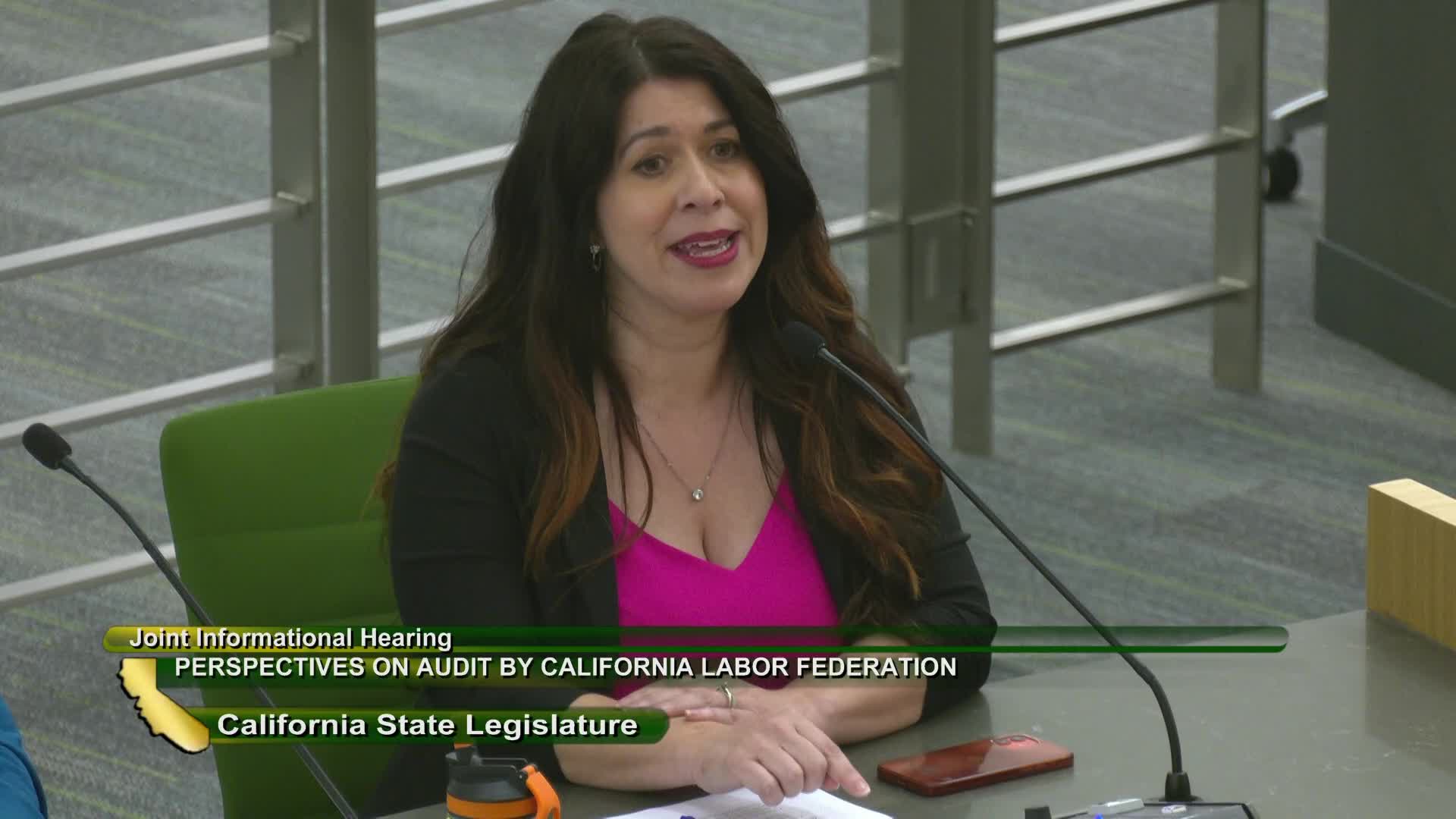Labor Commissioner calls for urgent reforms to protect workers
August 14, 2024 | California State Assembly, House, Legislative, California
This article was created by AI summarizing key points discussed. AI makes mistakes, so for full details and context, please refer to the video of the full meeting. Please report any errors so we can fix them. Report an error »

In a recent government meeting, discussions centered on the urgent need to address the significant backlog of labor claims and the challenges faced by workers in low-wage jobs. Key points highlighted included the pervasive issue of forced arbitration agreements, which prevent approximately 80% of nonunion workers from pursuing class action lawsuits against employers. This situation has created barriers for workers seeking justice, as they often face retaliation and threats of deportation when attempting to voice their grievances.
The meeting underscored the critical role of the labor commissioner’s office in managing these claims and the necessity of filling vacancies within the agency to ensure timely resolutions. Participants emphasized the importance of streamlining hiring processes to attract qualified candidates, particularly bilingual staff, while also addressing retention issues caused by lower salaries compared to the private sector and limited promotional opportunities.
Concerns were raised about the impact of new labor laws that funnel enforcement solely through the labor commissioner, potentially overwhelming the agency without adequate resources. The need for a robust infrastructure to support the enforcement of these laws was deemed essential, especially given the increasing complexity of labor contracting and the rise of contingent work.
The current budget for the labor commissioner’s office was noted to be approximately $129 million, with calls for increased investment to enhance the agency's capacity to protect workers' rights. The discussions concluded with a commitment to strengthen and support the labor commissioner’s efforts in outreach and enforcement, ensuring that both workers and compliant employers are adequately represented and protected.
The meeting underscored the critical role of the labor commissioner’s office in managing these claims and the necessity of filling vacancies within the agency to ensure timely resolutions. Participants emphasized the importance of streamlining hiring processes to attract qualified candidates, particularly bilingual staff, while also addressing retention issues caused by lower salaries compared to the private sector and limited promotional opportunities.
Concerns were raised about the impact of new labor laws that funnel enforcement solely through the labor commissioner, potentially overwhelming the agency without adequate resources. The need for a robust infrastructure to support the enforcement of these laws was deemed essential, especially given the increasing complexity of labor contracting and the rise of contingent work.
The current budget for the labor commissioner’s office was noted to be approximately $129 million, with calls for increased investment to enhance the agency's capacity to protect workers' rights. The discussions concluded with a commitment to strengthen and support the labor commissioner’s efforts in outreach and enforcement, ensuring that both workers and compliant employers are adequately represented and protected.
View the Full Meeting & All Its Details
This article offers just a summary. Unlock complete video, transcripts, and insights as a Founder Member.
✓
Watch full, unedited meeting videos
✓
Search every word spoken in unlimited transcripts
✓
AI summaries & real-time alerts (all government levels)
✓
Permanent access to expanding government content
30-day money-back guarantee

